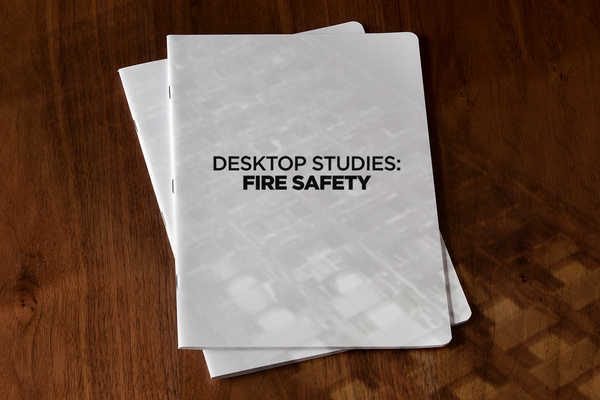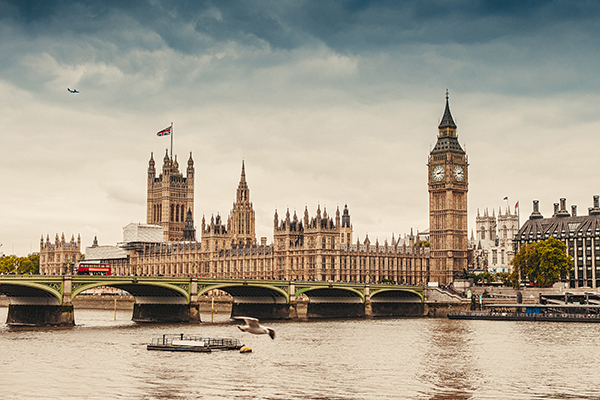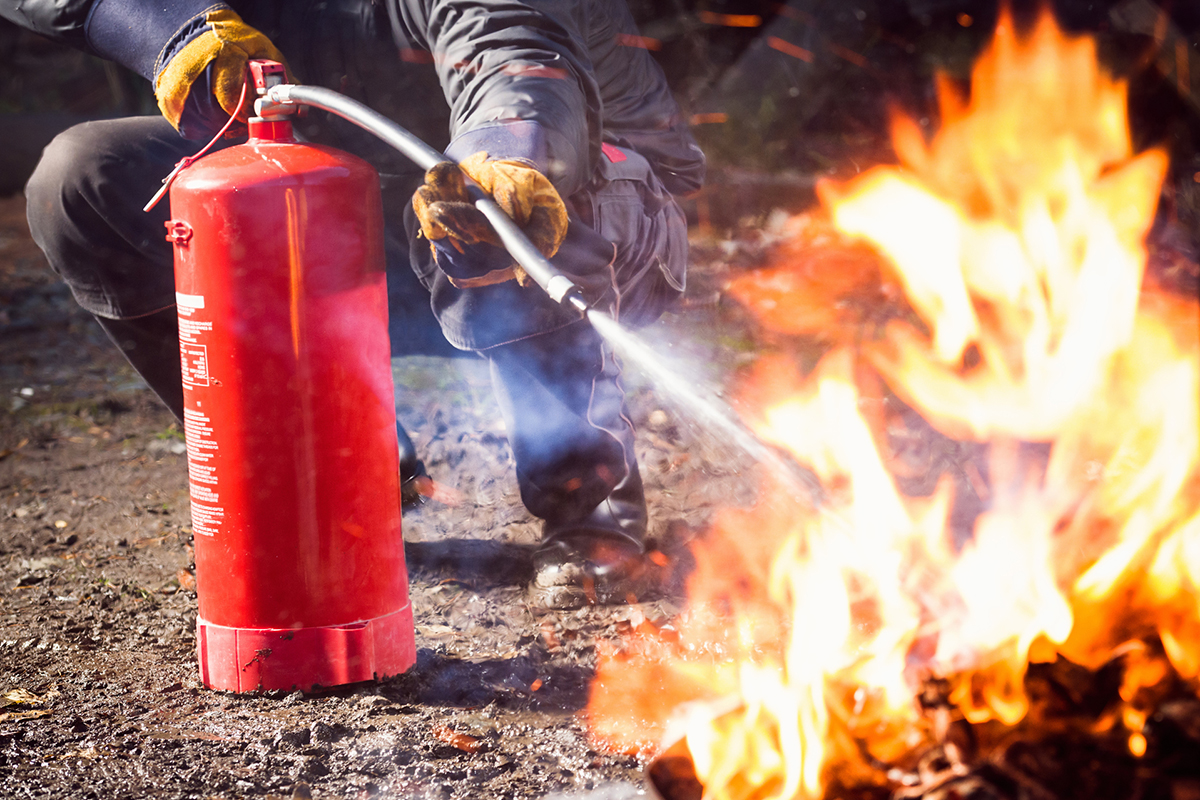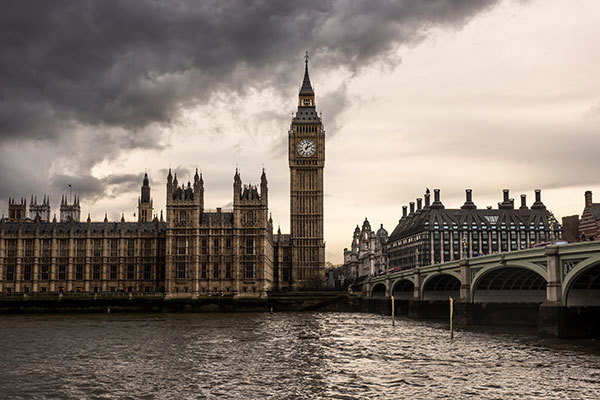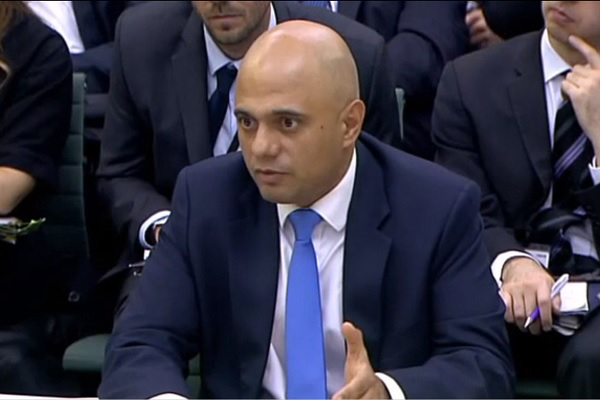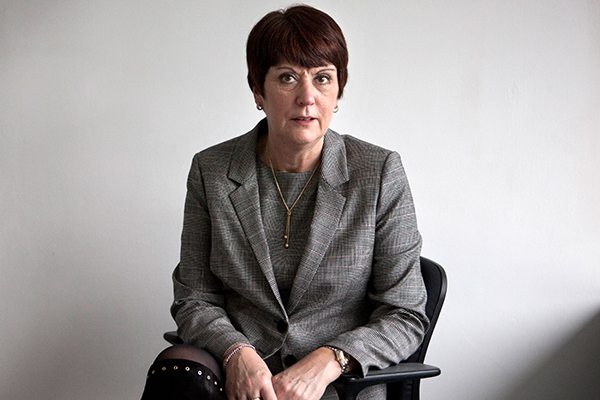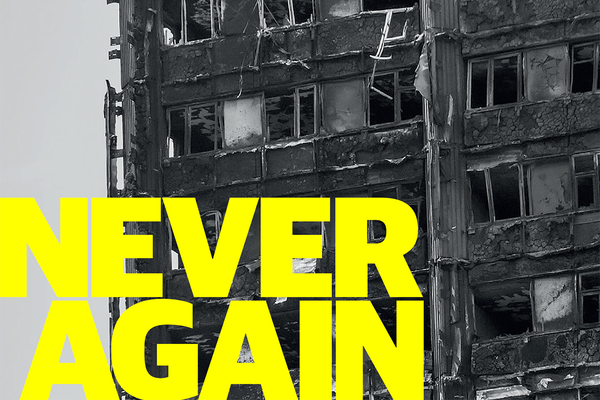You are viewing 1 of your 1 free articles
Pressure mounts on government over desktop studies
Councils have backed calls by MPs not to redraft building regulations to include provisions for installing combustible cladding on high rises without testing.
The Local Government Association (LGA) and the Association of Retained Council Housing (ARCH) have told Inside Housing that so-called ‘desktop studies’ should have no place in official guidance post-Grenfell.
The government plans to enact Dame Judith Hackitt’s recommendation that the process – which involves making assumptions about cladding systems based on prior test data – can be used in limited circumstances.
A spokesperson for the LGA said: “Desktop studies are not acceptable routes to compliance with building regulations for cladding. Reliance on desktop studies must no longer be acceptable.
“The relevant sections in [official guidance] Approved Document B must as a minimum make it clear that all material in cladding systems should be non-combustible, or have passed a robust fire safety test.”
A spokesperson for ARCH added: “In future no cladding systems should be installed on high rises until the particular cladding system proposed has been subject to the same large-scale fire safety tests and is proven to be safe.”
It follows a letter from Labour’s David Lammy, signed by 50 other MPs from across the political spectrum, calling on the government not to include desktop studies in the official guidance.
Conservative MP Sir Peter Bottomley, who co-signed the letter, said a desktop study “could be acceptable if you have material which can’t burn”, but otherwise it is a method of signing off materials that should be avoided.
The current version of Approved Document B makes no specific reference to desktop studies, requiring that the products in cladding systems either meet minimum fire standards or pass large-scale tests.
However, the government believes a line in an appendix to the document which says systems can be “assessed from test evidence” permits their use.
Sajid Javid, housing secretary, responded to Mr Lammy’s letter claiming that the changes he plans would restrict the use of the studies compared to the current position.
There is no standard methodology for desktop studies and they are not made public. At least one system cleared through a desktop study is known to have failed a real-life test.
A Ministry of Housing, Communities and Local Government (MHCLG) spokesperson said: “Dame Judith Hackitt recommended in her interim report that we should restrict the use of desktop studies. We agree with this, and will shortly be consulting on revised guidance.”
It is understood the government views them as a “well established and often necessary” part of the building regulation system.
Insulation giant Kingspan, which manufactures many combustible insulation products used on high rises, has been lobbying for the continued use of desktop studies with restrictions.
The use of combustible insulation on high rises following testing was first permitted by changes to Approved Document B in 2006.
The process of desktop studies was codified by industry guidance issued by the Building Control Alliance in 2014.
The Paper Trail: The Failure of Building Regulations
Read our in-depth investigation into how building regulations have changed over time and how this may have contributed to the Grenfell Tower fire:
The Hackitt Review
Photo: Tom Pilston/Eyevine
Dame Judith Hackitt’s (above) interim report on building safety, released in December 2017, was scathing about some of the industry’s practices.
Although the full report is not due to be published until later this year, the former Health and Safety Executive chair has already highlighted a culture of cost-cutting and is likely to call for a radical overhaul of current regulations in an interim report.
Dame Hackitt’s key recommendations and conclusions include:
- A call for the simplification of building regulations and guidelines to prevent misapplication
- Clarification of roles and responsibilities in the construction industry
- Giving those who commission, design and construct buildings primary responsibility that they are fit for purpose
- Greater scope for residents to raise concerns
- A formal accreditation system for anyone involved in fire prevention on high-rise blocks
- A stronger enforcement regime backed up with powerful sanctions
Never Again campaign
Inside Housing has launched a campaign to improve fire safety following the Grenfell Tower fire
Never Again: campaign asks
Inside Housing is calling for immediate action to implement the learning from the Lakanal House fire, and a commitment to act – without delay – on learning from the Grenfell Tower tragedy as it becomes available.
LANDLORDS
- Take immediate action to check cladding and external panels on tower blocks and take prompt, appropriate action to remedy any problems
- Update risk assessments using an appropriate, qualified expert.
- Commit to renewing assessments annually and after major repair or cladding work is carried out
- Review and update evacuation policies and ‘stay put’ advice in light of risk assessments, and communicate clearly to residents
GOVERNMENT
- Provide urgent advice on the installation and upkeep of external insulation
- Update and clarify building regulations immediately – with a commitment to update if additional learning emerges at a later date from the Grenfell inquiry
- Fund the retrofitting of sprinkler systems in all tower blocks across the UK (except where there are specific structural reasons not to do so)
We will submit evidence from our research to the Grenfell public inquiry.
The inquiry should look at why opportunities to implement learning that could have prevented the fire were missed, in order to ensure similar opportunities are acted on in the future.
